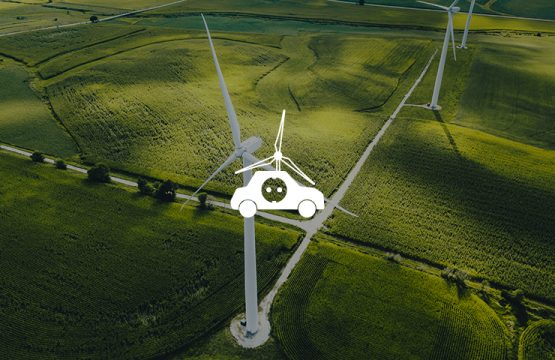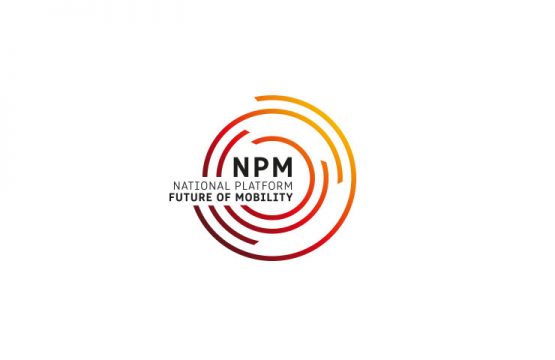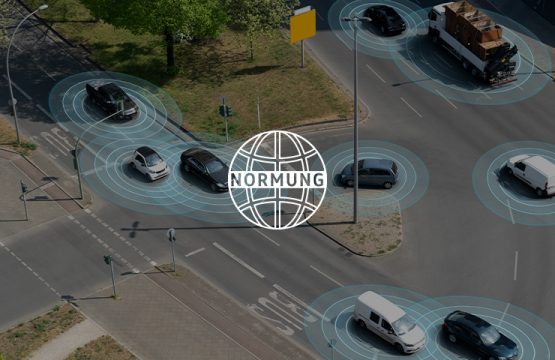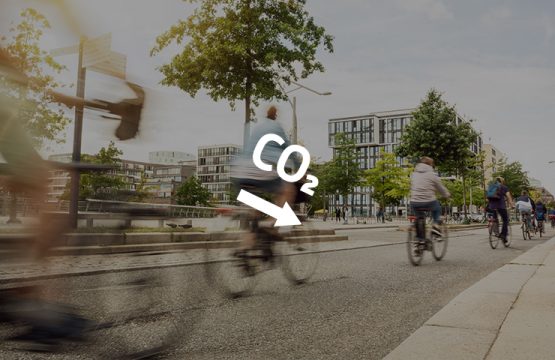A rapid switch to electromobility is essential if the climate target for transport is to be achieved. The registration figures for e-vehicles have been rising sharply since last year. Nevertheless, the willingness to buy an e-vehicle has not yet reached the broad population. Against this background, the NPM investigated how new car buyers make their decision for or against an e-vehicle. It shows the high importance of the purchase premium in convincing people to buy an e-vehicle. The study was initiated by WG 2 Alternative Drives and Fuels for Sustainable Mobility and implemented by the Institute of Transport Research at the German Aerospace Center (DLR).
In 2020, electromobility experienced a significant boost and e-vehicle numbers (battery electric/BEV and plug-in hybrid/PHEV) far more than doubled within twelve months. In July 2021, the one-million mark was reached. However, the current sharp rise in registration figures cannot necessarily be attributed to a growing willingness to embrace the new technology in everyday life.
The study results show that the driver of the rising number of e-vehicles is obviously the extensive promotion of the purchase of new e-vehicles. However, financial support can only initiate the market ramp-up of electric cars. Ultimately, e-vehicles have to compete with vehicles with internal combustion engines on the market, i.e. they have to be accepted above all by customers, but also by society as a whole.
The study shows that, in addition to the purchase premium, other factors that speak in favor of buying an e-vehicle are environmental protection, the assumption that the total costs of an e-vehicle are lower than the total costs of a car with an internal combustion engine, a particularly good offer for an e-vehicle, driving pleasure or the existence of a private photovoltaic system. For people who have considered buying an e-vehicle but then decided against it, the main arguments against the purchase are the lack of experience with e-vehicles and the assumptions of too high costs, too short a range and too few charging options.
The study shows that, beyond granting further purchase premiums, information and test offers and test drives must be significantly increased in order to increase the social acceptance of electromobility and the individual willingness to purchase an electric car. In addition, the expansion of charging infrastructure along expressways and highways must be prioritized.
The report is available for download at www.plattform-zukunft-mobilitaet.de/berichte/.
About NPM – National Platform Future of Mobility
The National Platform Future of Mobility brings together experts from politics, the private sector, associations, research institutions and NGOs to develop concepts for sustainable, environmentally and climate-friendly, affordable and competitive mobility in Germany. Chaired by Prof. Dr. Henning Kagermann, six working groups develop technology-neutral, cross-modal recommendations for action for policymakers, industry and society.
Contact:
Alexandra Huß
Communications Officer
Office of the Chairman of the National Platform for the Future of Mobility
huss@acatech.de
+49 (0)30 / 206 30 96 86
+49 (0)160 / 714 93 25






